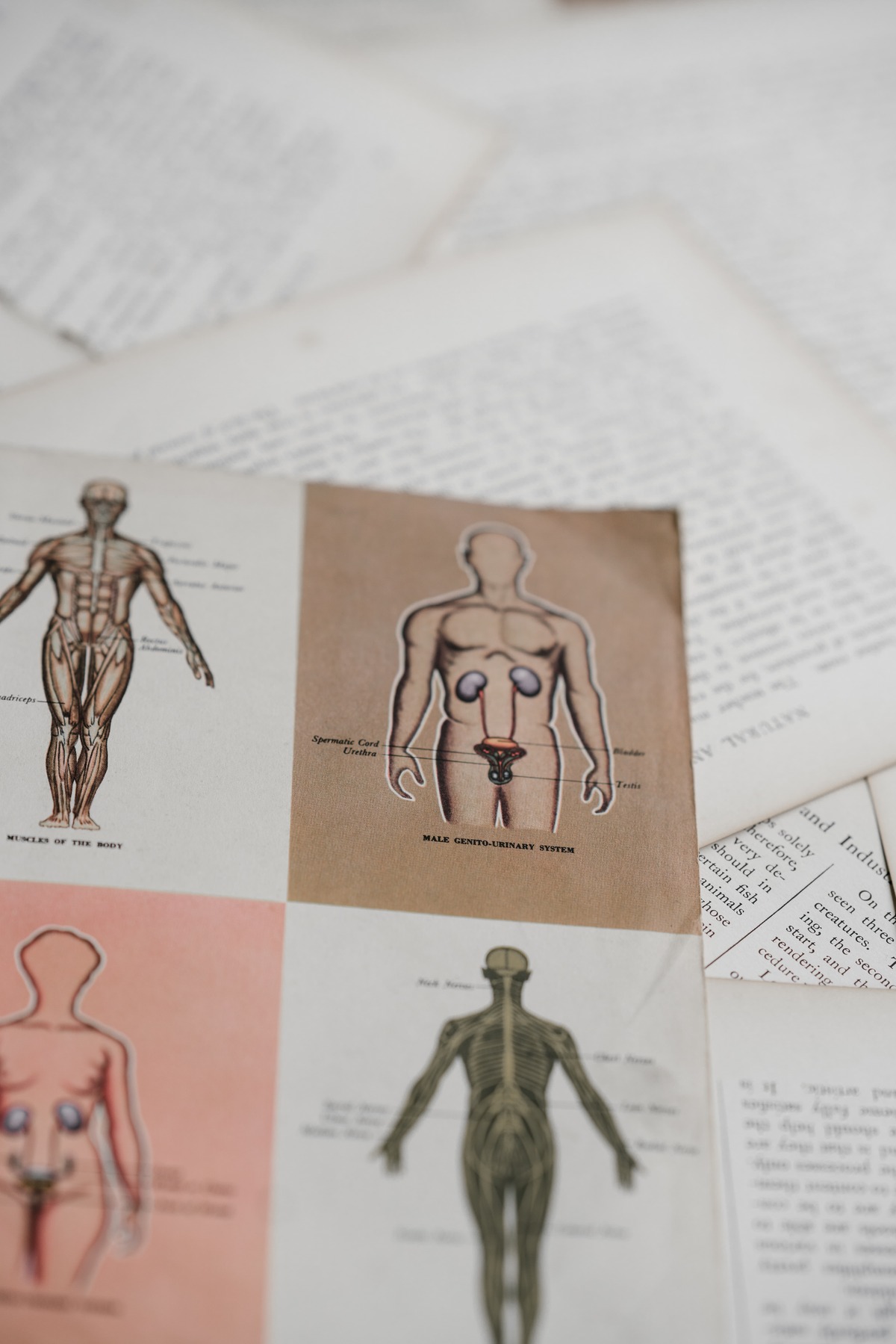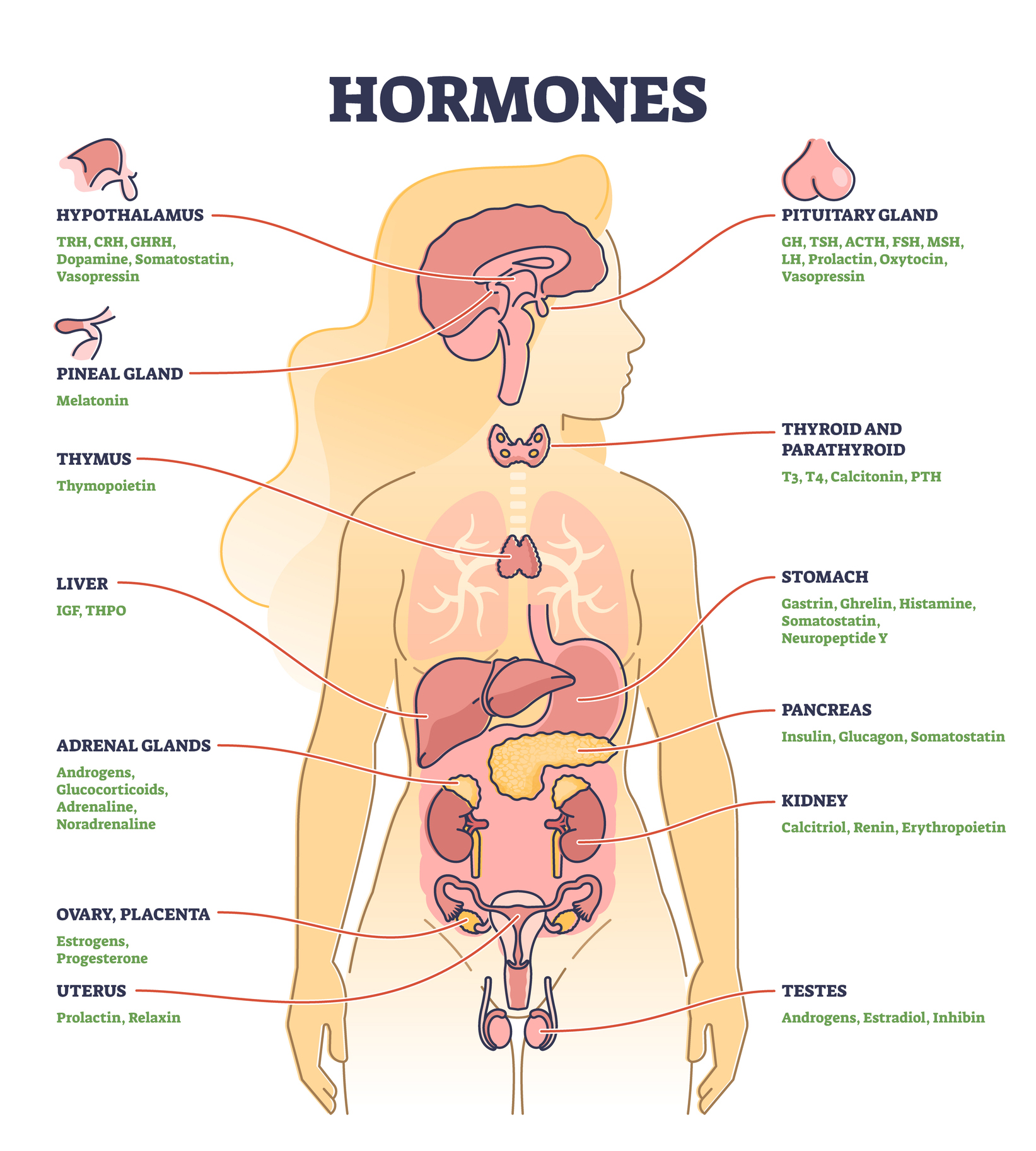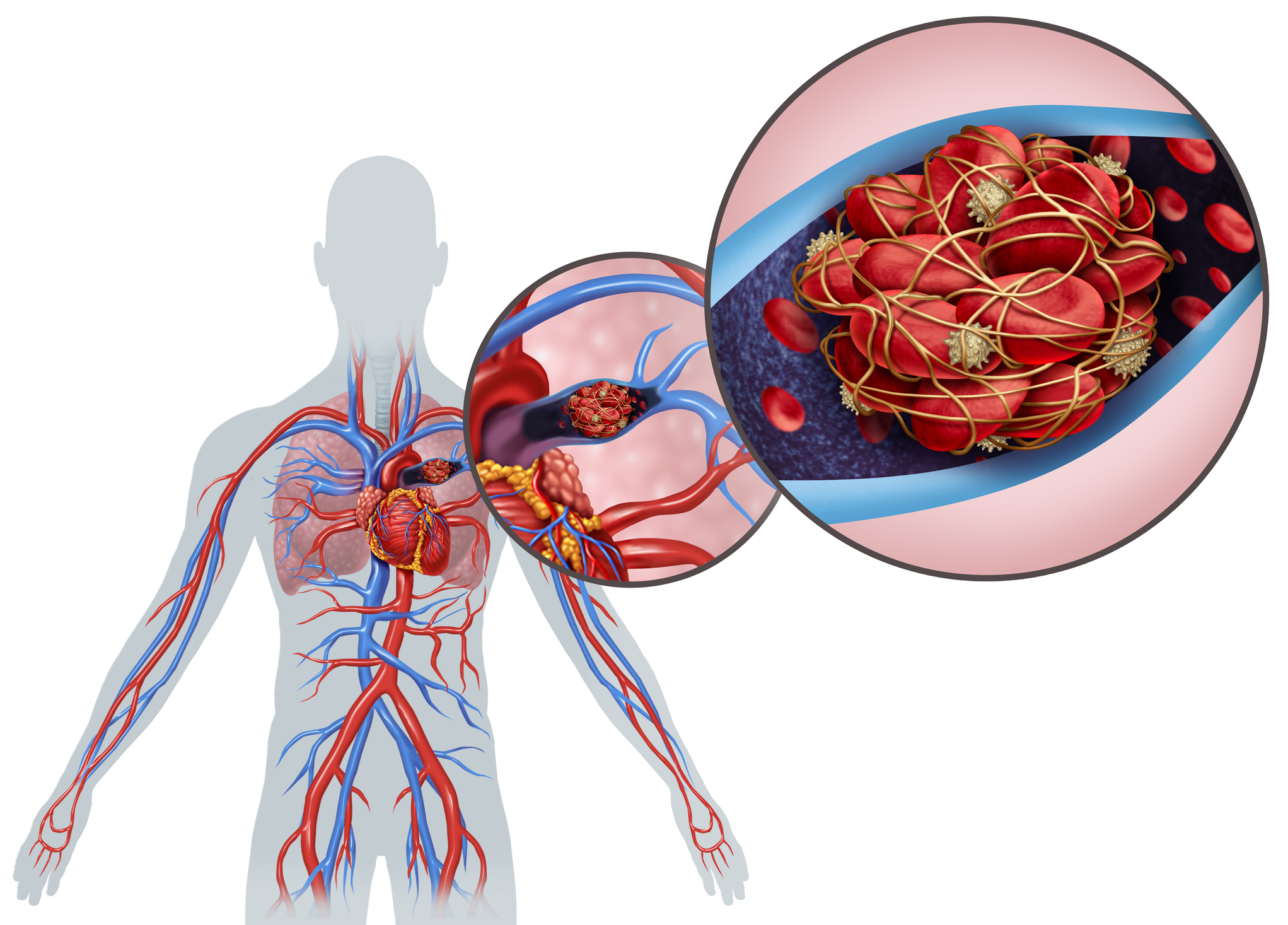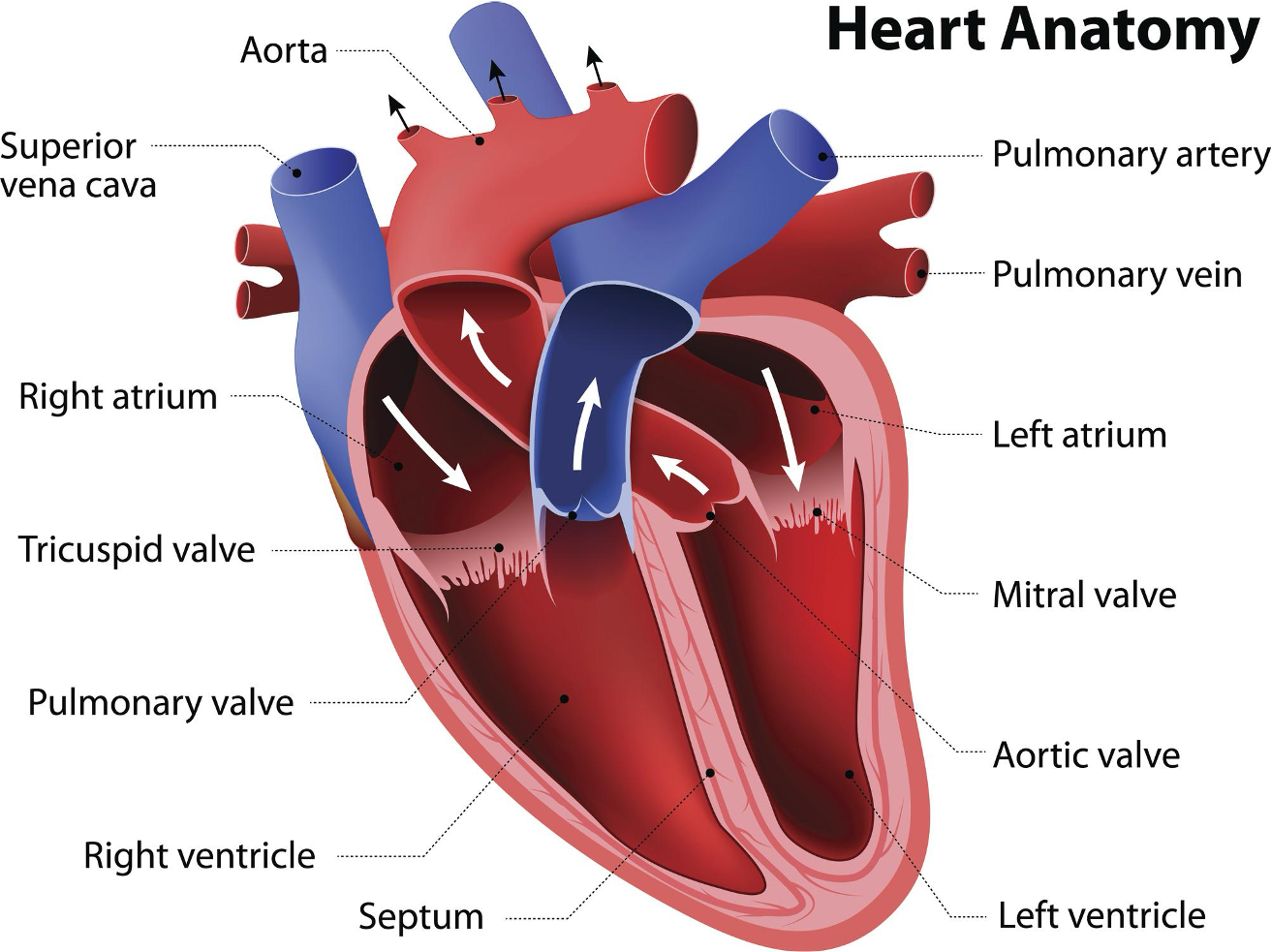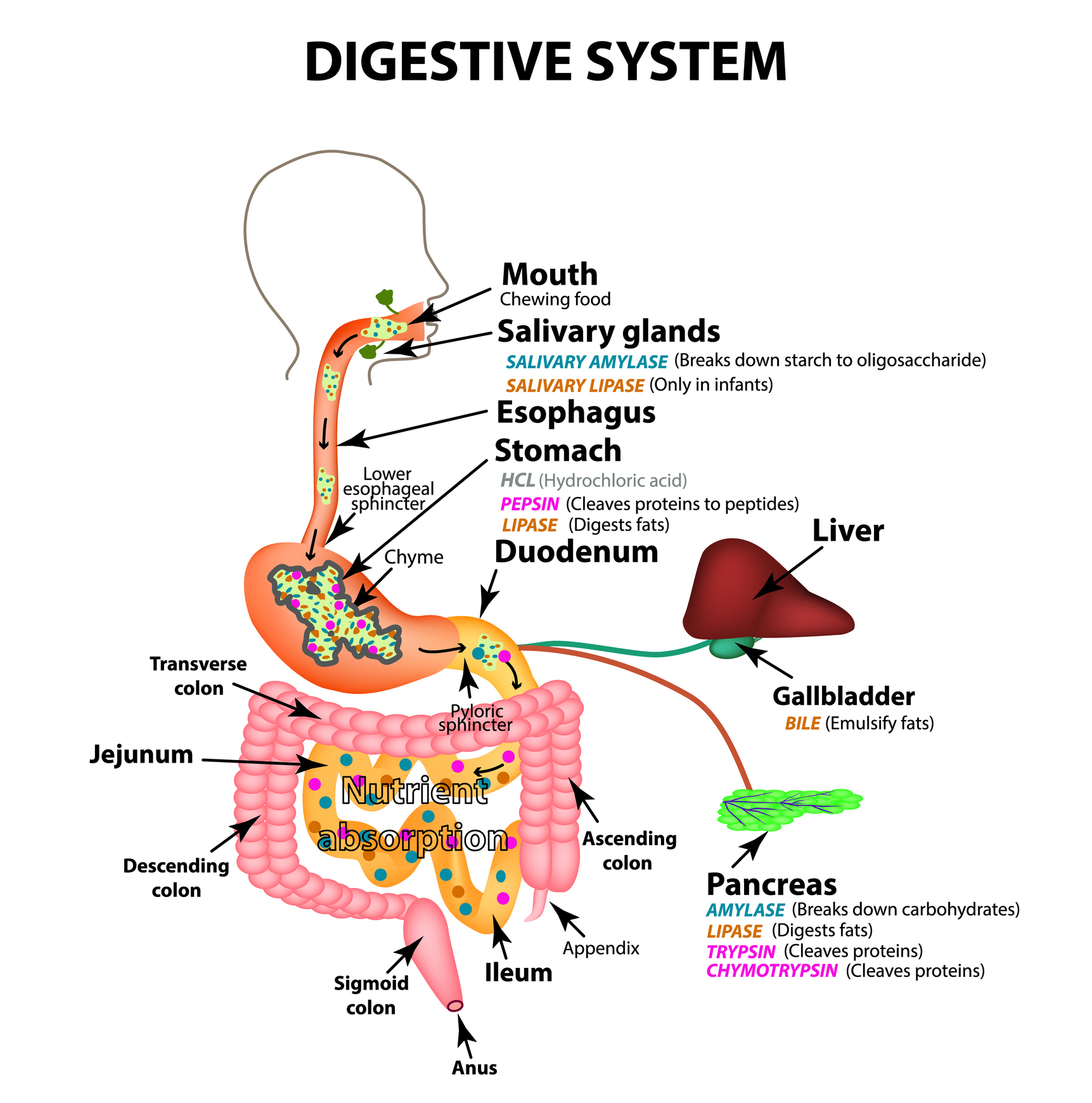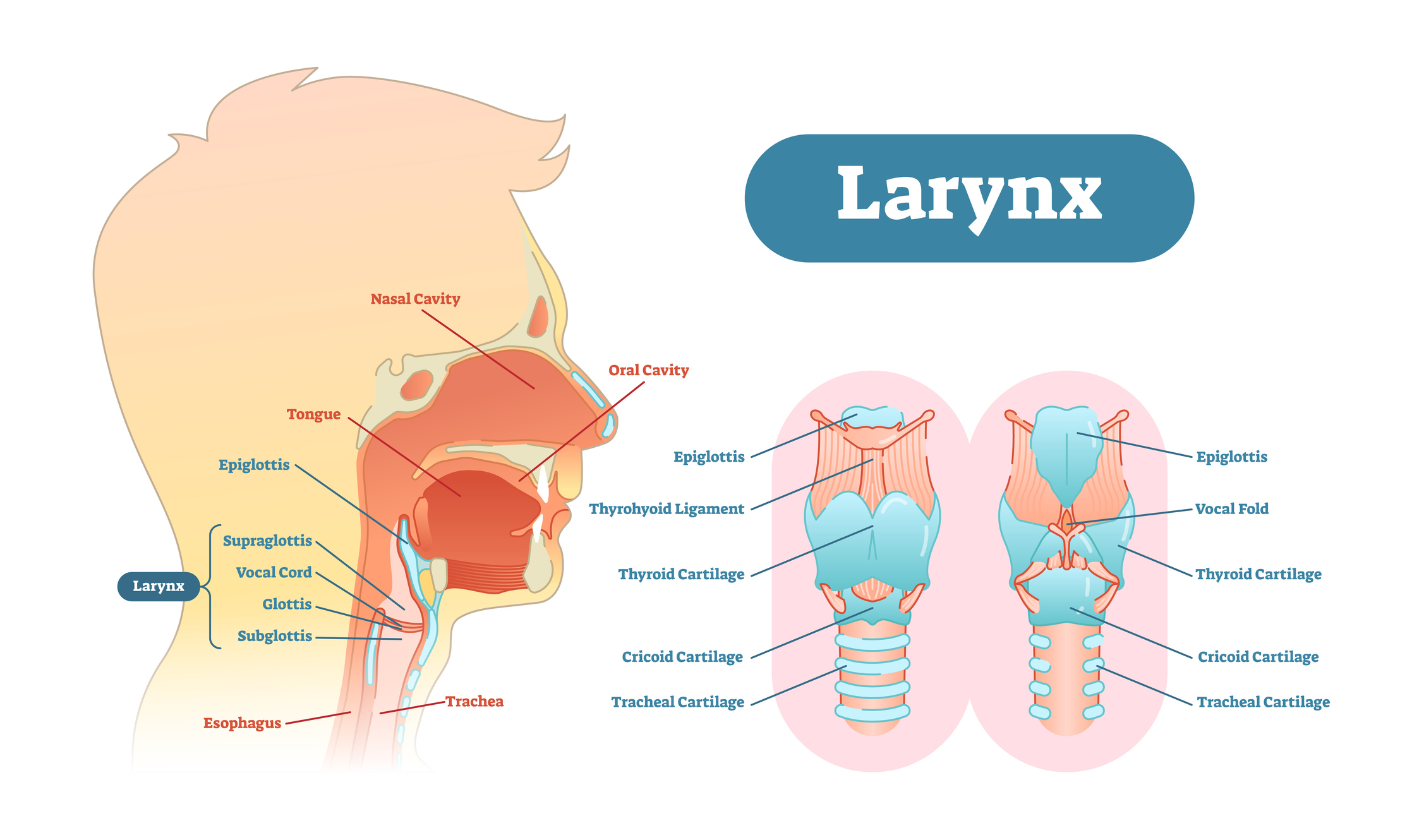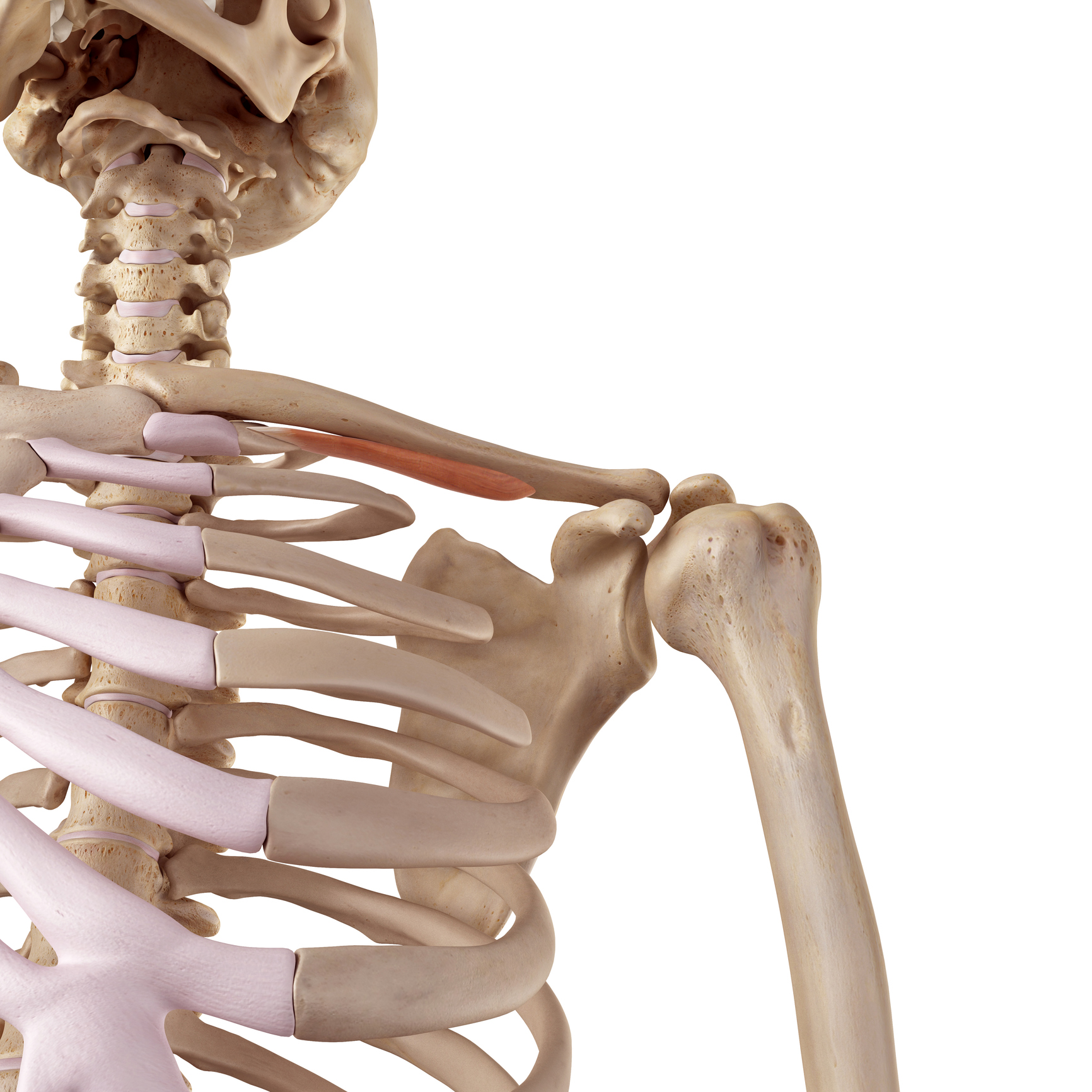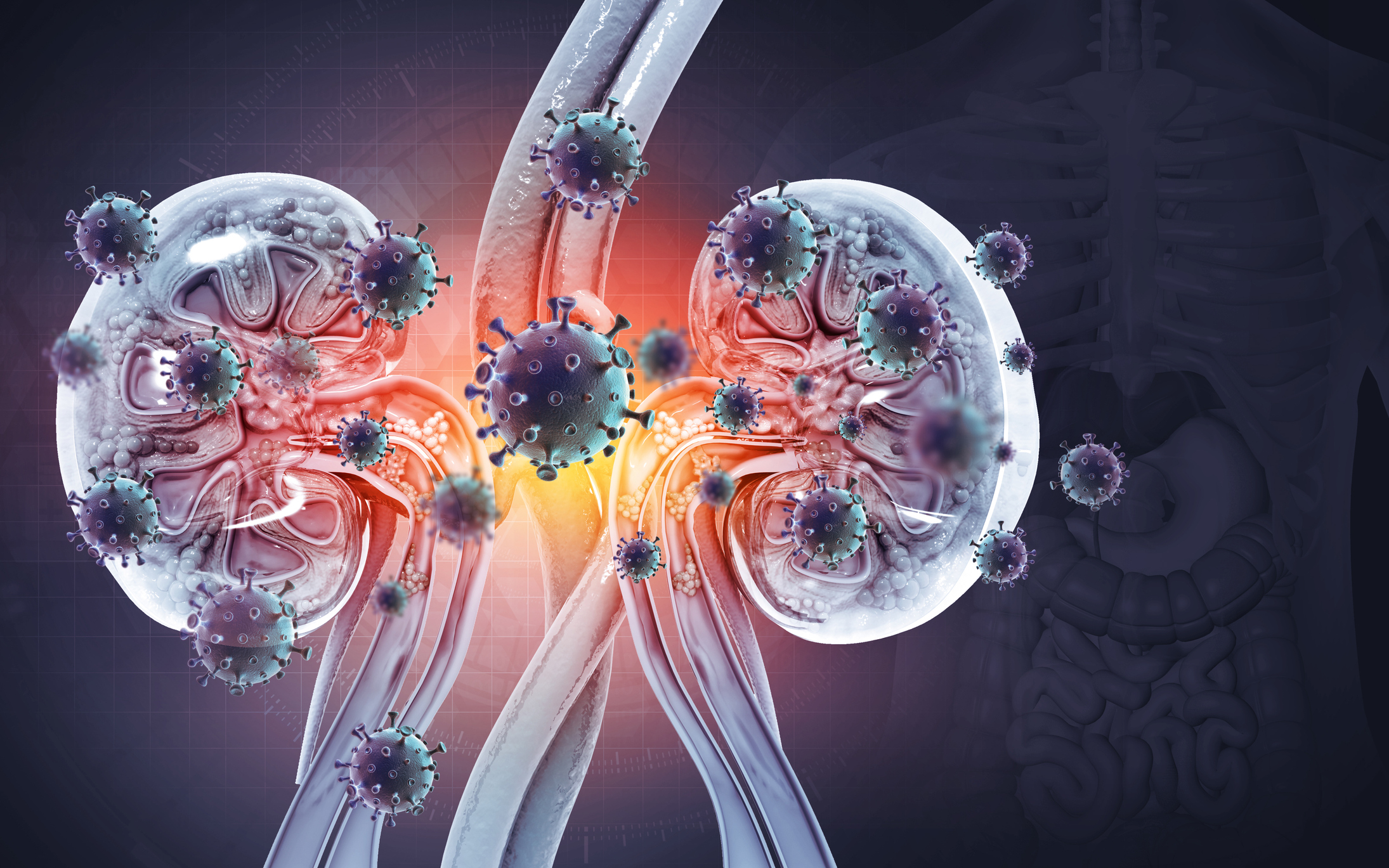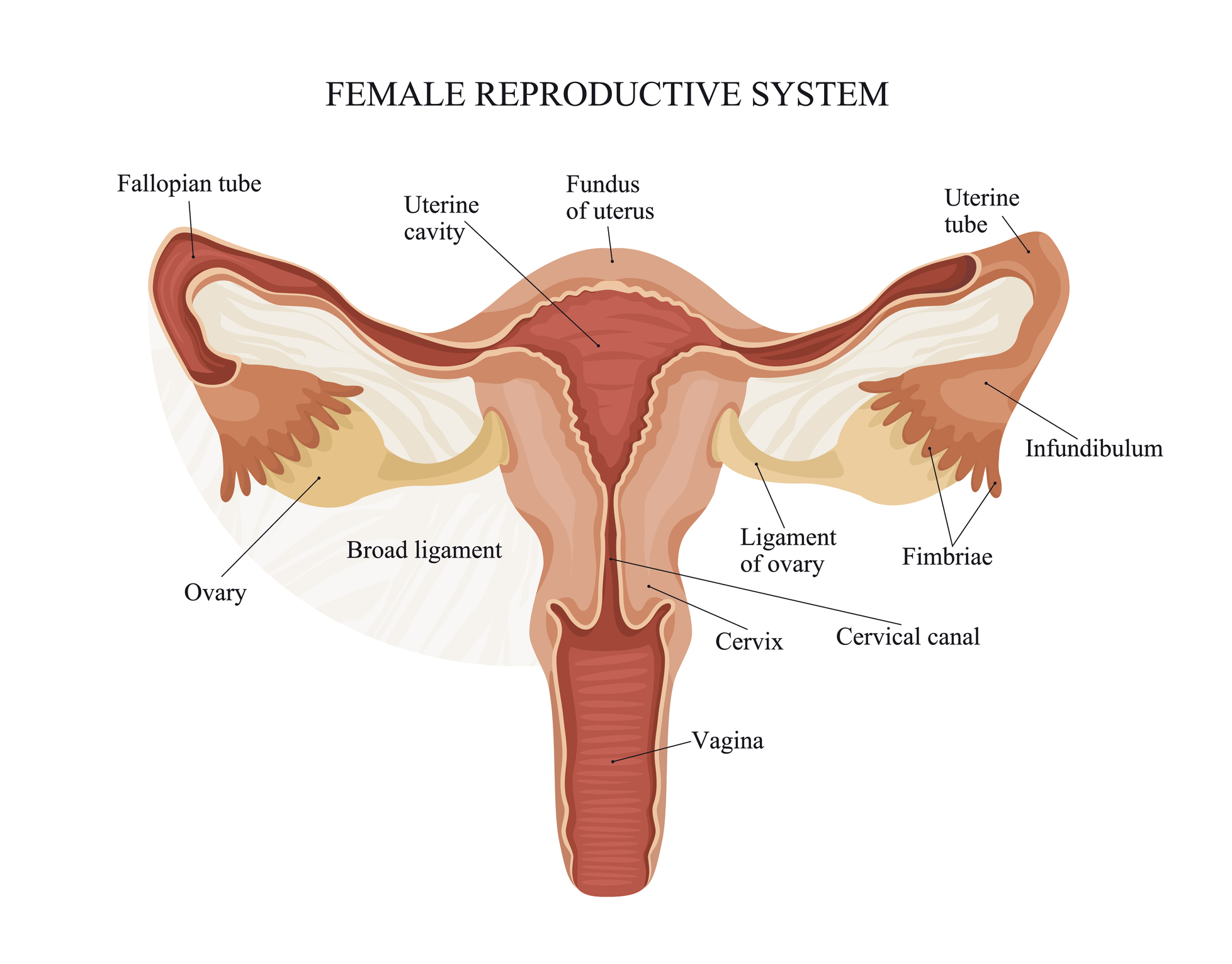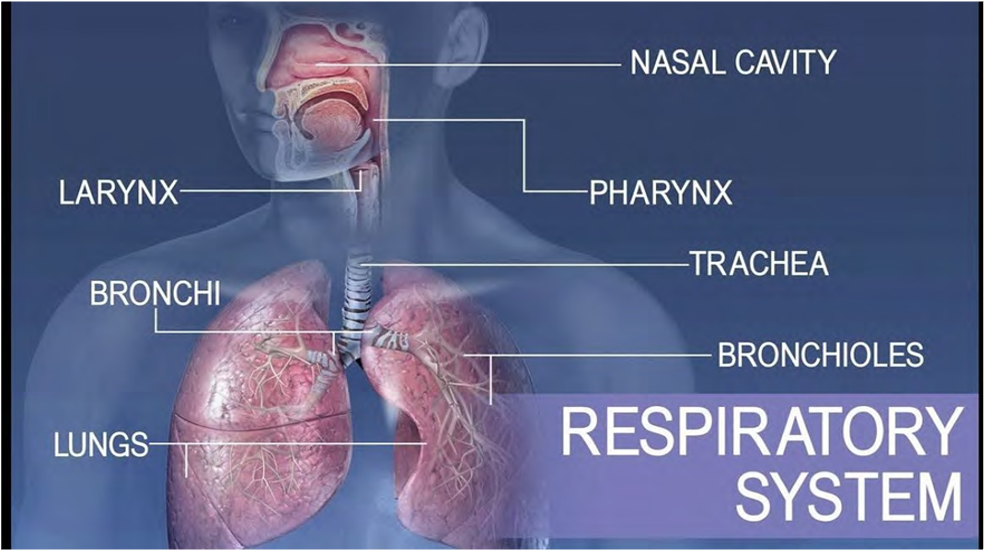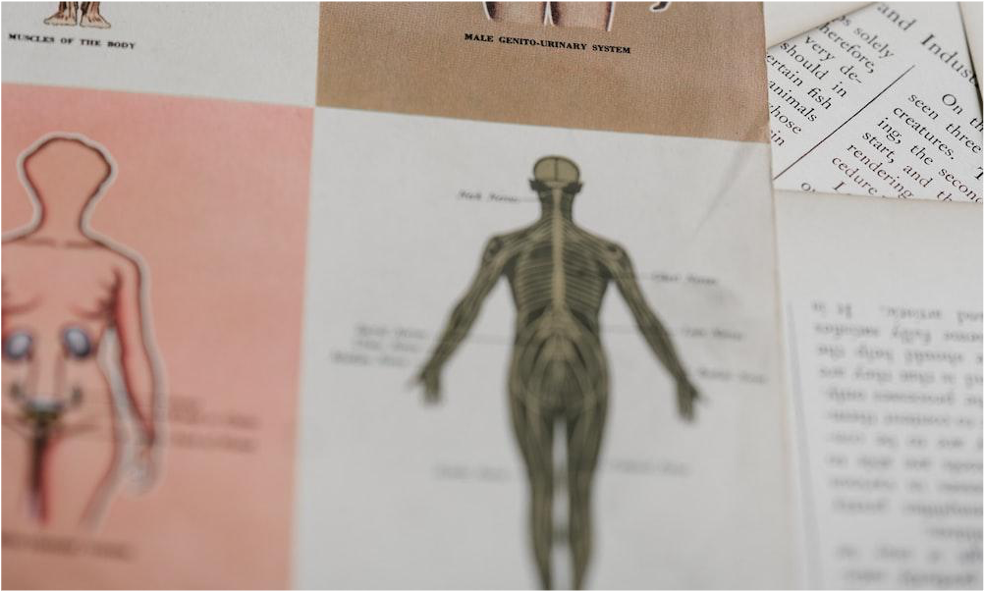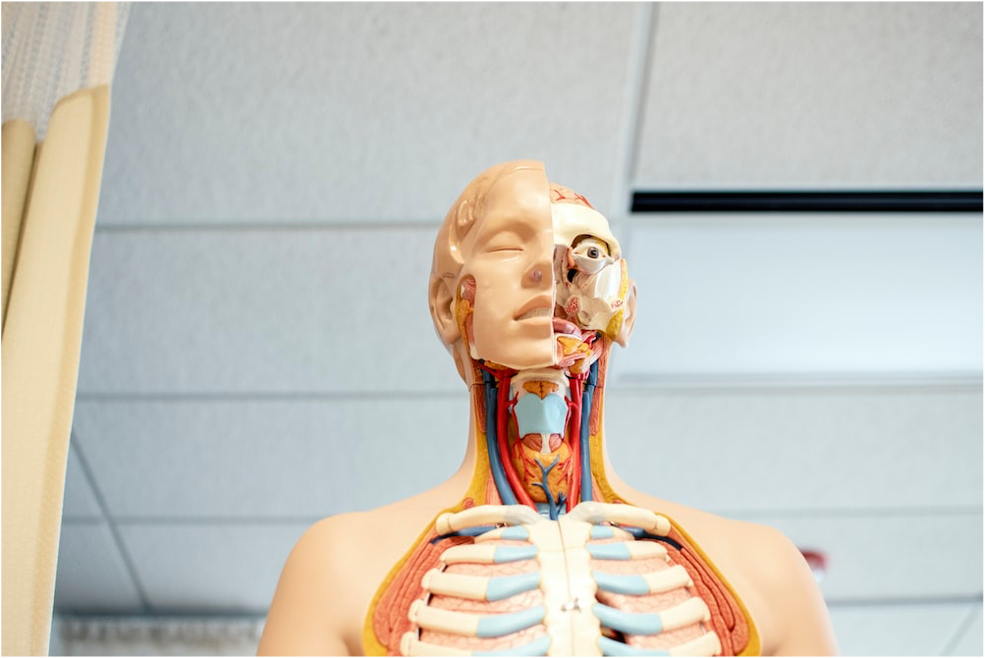
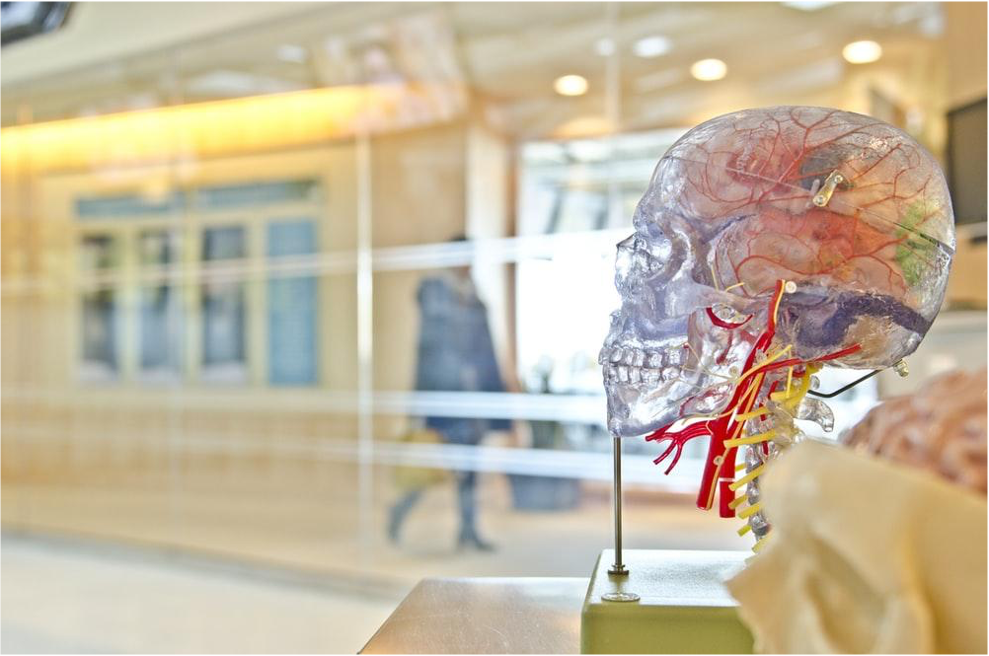
An Introduction to Medical Terminology
5/5
$47.00
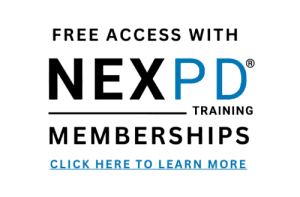 This course introduces learners to medical terminology, focusing on the history, structure, and application of medical terms. Participants will explore the Latin and Greek origins of medical language, learn general rules for word formation, and practice spelling and pronunciation. By the end of the course, learners will be able to decode complex medical terms and understand their components.
This course introduces learners to medical terminology, focusing on the history, structure, and application of medical terms. Participants will explore the Latin and Greek origins of medical language, learn general rules for word formation, and practice spelling and pronunciation. By the end of the course, learners will be able to decode complex medical terms and understand their components.
10 points
PD Certificate
Free with Membership





